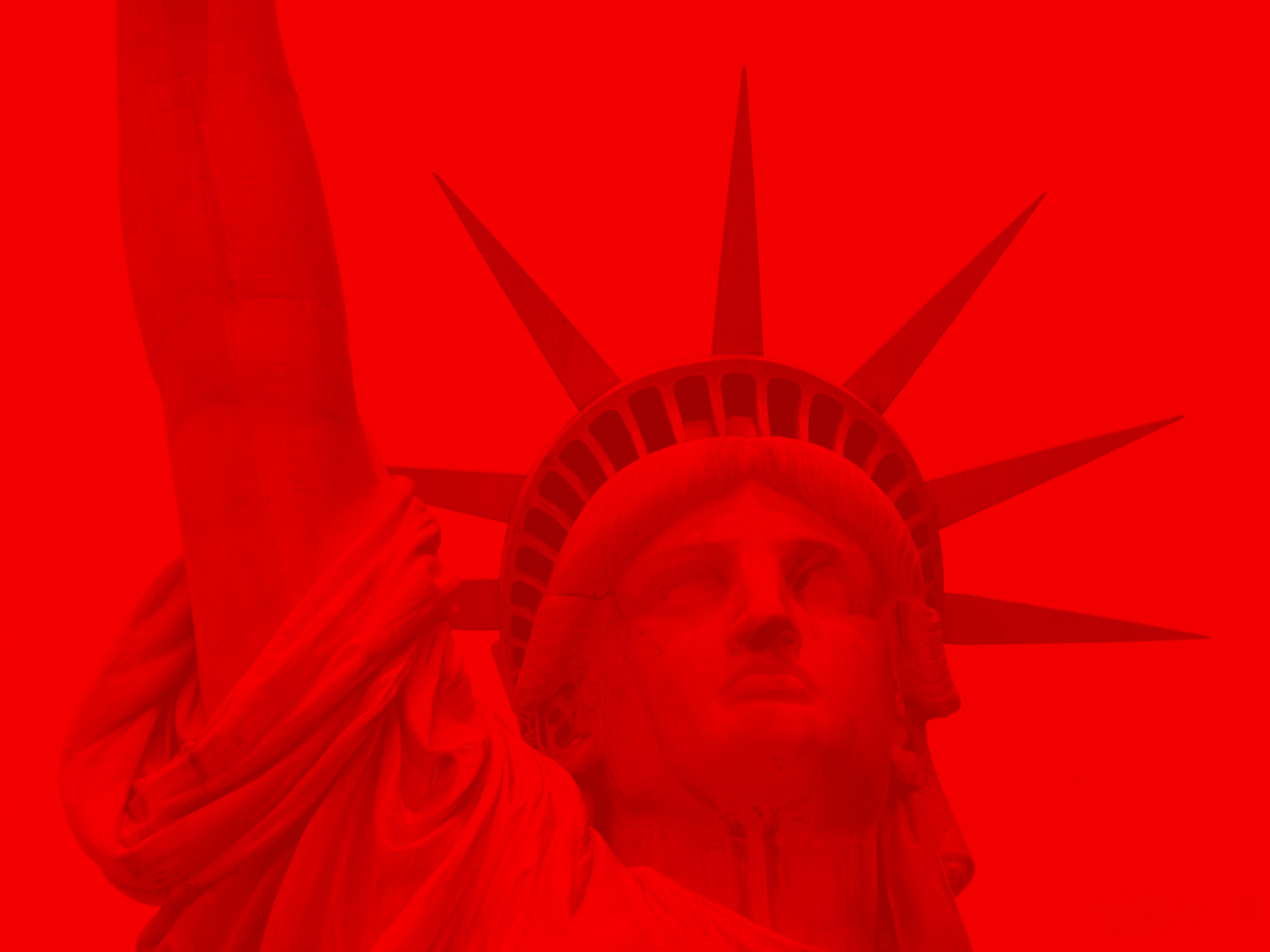For years, Europe has avoided speaking openly about political Islam. Politicians, teachers, and institutions stayed quiet for fear of being labeled intolerant.
The consequences have been serious: a teacher was murdered in France for showing a cartoon, fear pervades classrooms, and bookstores have canceled events after threats. These are not isolated incidents, they show a problem many still don’t want to face.
Now, in the European Parliament, that silence is starting to change.
Breaking the Taboo
Asita Kanko, a Belgian MEP with the N-VA party, has become one of the most outspoken voices in Brussels on migration, radical Islam, and the defense of European values. “There is indeed a vibe shift in the European Parliament,” she says. “Topics that were taboo before - migration, border control, radical Islam - are now openly discussed. It’s not ideal, but at least we’re moving forward.”
Kanko knows the stakes firsthand. Born in Burkina Faso, she grew up under discrimination as a girl, subjected to female genital mutilation and expected to serve while boys played. “The bad thing is not the bad acts of bad people,” she recalls. “The bad thing is the silence of good people.” Today, she warns that Europe’s silence in the face of radical Islam has become complicity.
Borders, Belonging, and Sovereignty
Europe’s migration failures are both structural and cultural. The EU has a common external border but no common will to defend it. Twenty-seven member states pursue conflicting policies, producing confusion at the frontier and in society.
The challenge is not only who arrives, but how newcomers and their children adapt. “When we fail to support proper integration and assimilation,” Kanko explains, “our values are challenged, and the future we want for our children becomes very difficult to build.”
She stresses that integration is not optional. “If you choose Europe, you need to adapt to Europe. You cannot bring your culture and impose it on Europe.” The problem is not Islam as a religion, but political Islam—the attempt to place Sharia above democratic law. “That is when Islam becomes dangerous: when it is put above our laws and all other rules must submit to it.”
The Everyday Pressure
Radical Islam’s most visible assaults are terrorist attacks like those in Paris and Brussels. But Kanko argues that the deeper attack is daily and invisible: teachers silenced, women pressured, books banned.
Recently in Brussels, a book titled Allah Has Nothing to Do in My Classroom was cancelled after threats from young Muslims. “Teachers are scared,” Kanko says. “Some don’t even want to continue their work. How can you teach if you cannot say what exists, if you cannot refer to critical thinking?”
The murder of French teacher Samuel Paty in 2020 epitomized the danger. “Being a teacher has become a dangerous job,” Kanko warns. “If we accept the blackmail of radical Muslims who scream ‘Islamophobia’ whenever you have an opinion, we stop fighting for our ideas.”
Antisemitism and the Left’s Blind Spot
Kanko has also been a lone, outspoken defender of Israel and Jewish communities in Europe. She condemned the October 7 attacks and the indifference of those who rationalize terror. “No world should exist where it is acceptable to kill a family because of who they are,” she insists.
She points to a paradox: Europe’s right, once associated with antisemitism, has become strongly pro-Israel, while segments of the left tolerate or promote antisemitism in the name of multiculturalism. “The left keeps migrant populations dependent, using welfare as political insurance. They protect illiberal practices like Sharia in the name of culture, and anyone who disagrees is called a racist. But this is concrete discrimination against women, and it corrodes Europe from within.”
What Must Be Done
Kanko’s prescription is simple but demanding: courage. “We need to find our courage again. When people are threatened, we must stand by them. If we accept blackmail, if we self-censor, then radical Islam doesn’t even need to destroy us, we do it ourselves.”
She calls for:
Borders that are real and enforced.
Migration policies that are sustainable and based on assimilation.
Welfare as a safety net, not a permanent subsidy for those who reject European values.
Protection for teachers, writers, and politicians threatened with violence.
An unflinching defense of freedom of speech, equality of women and men, and one law that never yields to intimidation.
Kanko believes the Enlightenment values that built Europe are still powerful enough to withstand the challenge but only if Europeans stop being naïve. “Justice, justice you shall pursue,” she says, quoting the Torah. “Silence in the face of injustice is not neutral, it is complicity. The bad thing is not the bad acts of bad people, but the silence of good people. That is why I refuse to be silent.”


